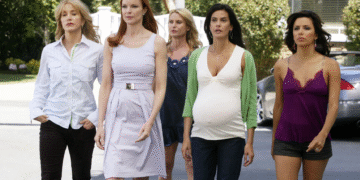Pope Francis affirmed that “the fathers and mothers of so many families who escape hunger and war, who are rejected at the borders of Europe” are his “heroes”, in an interview published today by the Vatican media.
On the occasion of the year that has just ended and that the Church has dedicated to Saint Joseph, the Vatican media interviewed the pontiff about fatherhood, both family and spiritual.
Francisco said he felt “very close to the drama of those families, of those fathers and mothers who are experiencing a particular difficulty, aggravated above all because of the pandemic” and considered that it should not be “an easy suffering to face not being able to to give bread to one’s own children and to feel the responsibility for the lives of others”
And he also recalled “so many fathers, so many mothers, so many families who escape wars, who are rejected in the confines of Europe and not only and who live in situations of pain, of injustice, and that no one takes seriously or deliberately ignores”.
“I would like to say to these fathers, these mothers, that for me they are heroes because I find in them the courage of those who risk their own lives for the love of their children, for the love of their family, “ he said, recalling that “also Maria and Joseph experienced this exile” and that their suffering “brings them closer precisely to these brothers who today suffer the same trials”.
“The pope always remembers them and as far as possible will continue to give them a voice and will not forget them,” he said.
On fatherhood and motherhood, Francis stated: “we could say that the children of today who will become the parents of tomorrow should ask themselves what parents they have had and what parents they want to be.”
“You must not let your parental role be the result of chance or simply the consequence of past experience, but you must consciously decide how to love someone, how to take responsibility for someone,” he added.
He added that “one of the most beautiful characteristics of love, and not only of fatherhood, is, in fact, freedom. Love always generates freedom, love must never become a prison, a possession.”
For this reason, a good father “knows how to withdraw at the right time so that his son can emerge with his beauty, with his uniqueness, with his choices, with his vocation” and “in any good relationship it is necessary to give up the desire to impose an image from above, an expectation, a visibility, a way of completely and constantly filling the scene with excessive prominence”.
” Our young people are very often afraid to decide, to choose, to put themselves at risk”, he said, before adding that “a true father does not say that everything will always be fine”, but that when things do not work out “you will also be able to face and live with dignity those moments, those failures”.















































































